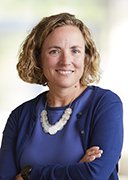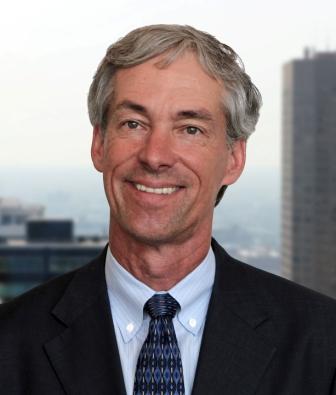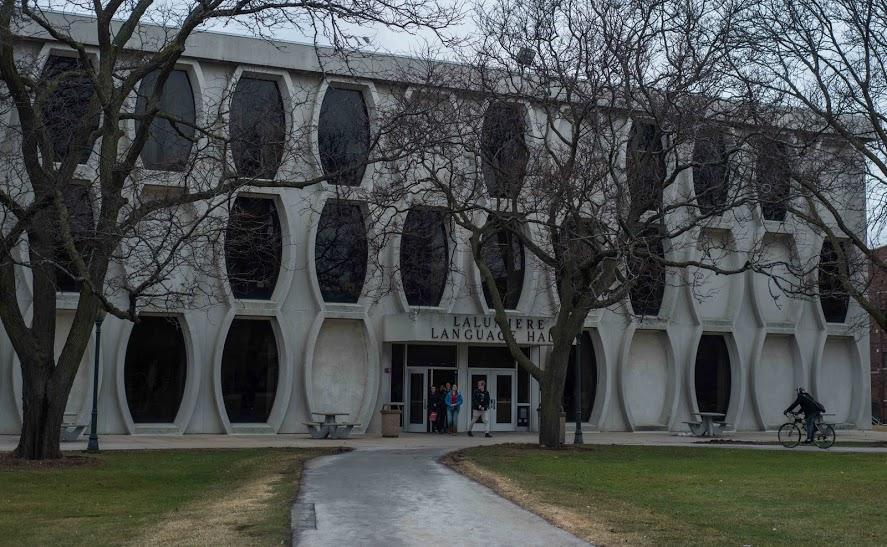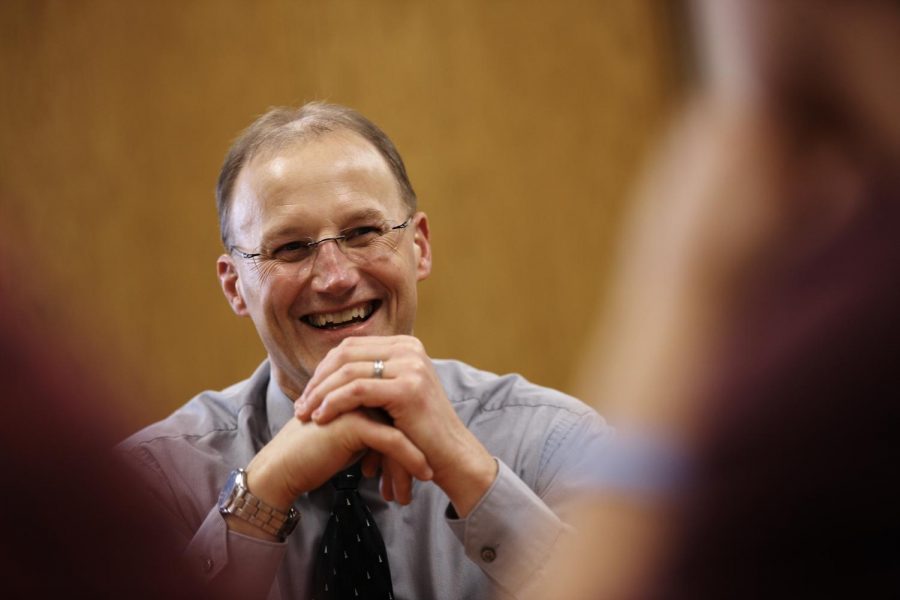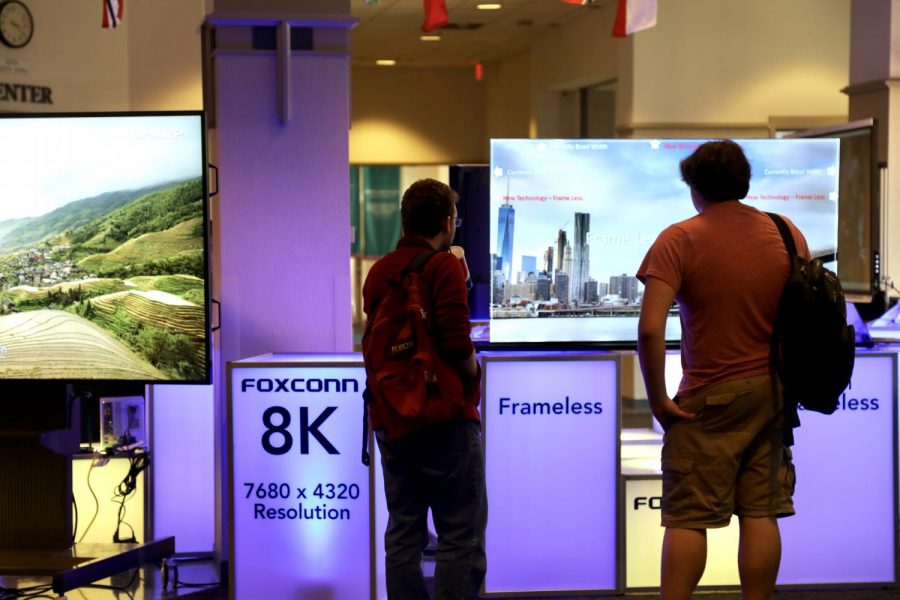
On Aug. 24, College of Engineering Dean Stanley Jaskolski announced that he intends to retire, effective June 30, 2010 or upon the naming of a successor.
Jaskolski, 70, is in his seventh year as dean. He received his bachelor’s and master’s degrees and doctorate from Marquette, and taught as a professor in the College of Engineering for 15 years.
In truth, this is Jaskolski’s second retirement. After leaving Marquette in 1982, he worked for Eaton Corporation, a corporation that produces energy management systems and controls.
Jaskolski said he had been retired for two years when he was asked to return to Marquette by University President the Rev. Robert A. Wild. While he admitted he had to think about the position and discuss it with his wife and family, Jaskolski said he decided it was time to give back to his alma mater.
“Marquette is in my blood,” Jaskolski said. “My heart and soul is here.”
Jaskolski said his experiences in the field were a boon to his role as dean. He used the concept of a “strategic plan,” borrowed from his time in the industry, early in his tenure, charting out exactly what he wanted to accomplish during his time at Marquette.
The culmination of that strategic plan is the proposed Discovery Learning Complex, which is designed to emphasize hands-on learning over theory. The complex was developed after Jaskolski sent out a team to study the new engineering buildings of other colleges and to incorporate the best of those buildings, another technique more commonly utilized outside an academic setting.
Jaskolski compared the tactic to a company’s business strategy.
“You know everything about your competition, you learn about your customers and then design what your customers want,” Jaskolski said.
The complex is also meant to update the college’s facilities. Jaskolski pointed out that in Haggerty Hall, one of the main engineering buildings on campus, some labs have the same equipment as when he was teaching there.
While Jaskolski will soon be leaving, Department of Civil and Environmental Engineering chair, Thomas Wenzel, feels certain the next dean will be one who intends to follow in Jaskolski’s footsteps.
“Stan’s vision, and the completion of that vision, will be foremost in the minds of those that look for a new dean,” said Wenzel. “We’ve got too much in place, and too much at stake, not to carry forward what Stan has started.”
Michael Switzenbaum, executive associate dean for the College of Engineering, echoed Wenzel’s remarks.
“The college is not going to miss a step,” Switzenbaum said. He added that Jaskolski’s efforts to push the college’s curriculum forward had made the dean’s role a plum position for other administrators.
“This is a really great opportunity,” Switzenbaum said. “I’m optimistic that we’ll find a good leader.”
Both Switzenbaum and Wenzel say that Jaskolski’s leadership and presence will truly be missed in the college. However, Switzenbaum pointed out that Jaskolski deserves to enjoy his second retirement.
“You can’t be greedy…he deserves to enjoy his grandchildren and relax,” Switzenbaum said.
The gathering of a search committee to look for a new engineering dean is underway, but no members of the committee have been announced as of yet.

